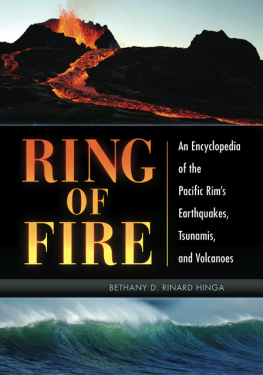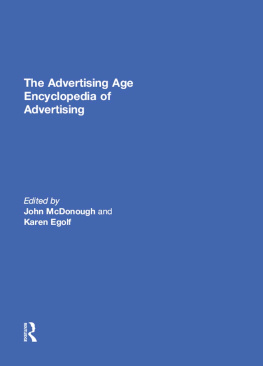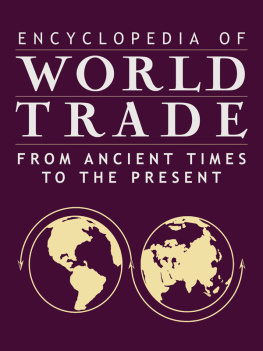Li Xiaobing - Oil: A Cultural and Geographic Encyclopedia of Black Gold [2 volumes]
Here you can read online Li Xiaobing - Oil: A Cultural and Geographic Encyclopedia of Black Gold [2 volumes] full text of the book (entire story) in english for free. Download pdf and epub, get meaning, cover and reviews about this ebook. year: 2014, publisher: ABC-CLIO, genre: Politics. Description of the work, (preface) as well as reviews are available. Best literature library LitArk.com created for fans of good reading and offers a wide selection of genres:
Romance novel
Science fiction
Adventure
Detective
Science
History
Home and family
Prose
Art
Politics
Computer
Non-fiction
Religion
Business
Children
Humor
Choose a favorite category and find really read worthwhile books. Enjoy immersion in the world of imagination, feel the emotions of the characters or learn something new for yourself, make an fascinating discovery.

- Book:Oil: A Cultural and Geographic Encyclopedia of Black Gold [2 volumes]
- Author:
- Publisher:ABC-CLIO
- Genre:
- Year:2014
- Rating:4 / 5
- Favourites:Add to favourites
- Your mark:
Oil: A Cultural and Geographic Encyclopedia of Black Gold [2 volumes]: summary, description and annotation
We offer to read an annotation, description, summary or preface (depends on what the author of the book "Oil: A Cultural and Geographic Encyclopedia of Black Gold [2 volumes]" wrote himself). If you haven't found the necessary information about the book — write in the comments, we will try to find it.
Despite ongoing efforts to find alternatives, oil is still one of the most criticaland valuablecommodities on earth. This two-volume set provides extensive background information on key topics relating to oil, profiles countries that are major producers and consumers of oil, and examines relevant political issues.
Aside from air and water, oil is perhaps the most valuable natural resource. Oil supplies the tremendous energy needs of the modern world. What exactly is oil, where does it come from, how does it get consumed, and who is using it? This encyclopedia provides clear answers to these questions and more, offering students entries on the fundamentals of the oil industry and profiles of the countries that play a major role in oil production and consumption.
Volume 1 presents topical entries on critical concepts, key terms, major oil spills and disasters, and important organizations and individuals relating to the oil industry. Entries define terms such as barrel and reserve, cover incidents such as the BP oil spill, and explain the significance of organizations such as OPEC. The second volume spotlights specific countries that are major producers, consumers, exporters, and importers of oil, from the United States to Russia to Saudi Arabia to Venezuela. Each profile shows readers the importance of oil in that country through a brief background history, data on its oil usage or production, information about major trading partners, and an explanation of political issues.
- Offers a complete resource that covers basic concepts relating to the oil industry as well as major incidents such as various oil spills and the specifics of the oil industry in key countries
- Includes sidebars throughout the encyclopedia that present interesting information to supplement the main text as well as images, maps, and charts that provide additional meaning and context
- Serves as an essential reference for students of social studies, geography, current events, political science, and environmental science
Li Xiaobing: author's other books
Who wrote Oil: A Cultural and Geographic Encyclopedia of Black Gold [2 volumes]? Find out the surname, the name of the author of the book and a list of all author's works by series.

![James Francis LePree Ph.D. (editor) - The Byzantine Empire [2 volumes]: A Historical Encyclopedia](/uploads/posts/book/296844/thumbs/james-francis-lepree-ph-d-editor-the-byzantine.jpg)






